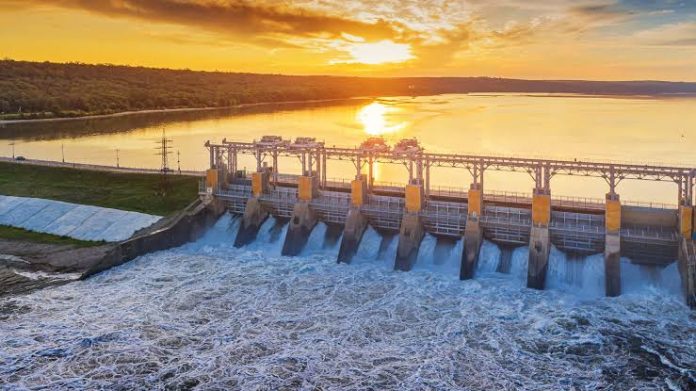Facebook Twitter (X) Instagram Somali Magazine - People's Magazine
The Republic of Congo has secured a $1.5 million grant to conduct feasibility studies for hydropower and energy transmission projects, signaling a bold move to strengthen the country’s electricity infrastructure and accelerate national access to reliable energy. This funding marks a key milestone in Congo’s efforts to modernize its power sector and support long-term economic development.
The grant is divided into two key allocations, each targeting a critical aspect of the country’s energy strategy. The first portion, amounting to $585,000, will fund feasibility studies for two potential hydroelectric dam sites—Mbanza Ndounga in the south and Linzolo, located roughly 20 kilometers south of the capital, Brazzaville. These studies are designed to evaluate the technical, economic, and environmental viability of constructing hydroelectric power plants at the selected locations.
If found viable, these hydroelectric projects will significantly increase Congo’s renewable energy capacity. In a country where electricity access remains limited, particularly in rural areas, tapping into hydropower could offer a sustainable solution to power shortages, reduce dependence on fossil fuels, and bring clean energy to underserved communities.
The second portion of the grant, totaling $995,000, is dedicated to feasibility studies and detailed design work for high-voltage transmission lines. These lines would connect the coastal city of Pointe-Noire to the capital, Brazzaville, and extend from Loudima to Djambala. Enhancing the national transmission network is essential for reducing energy losses, minimizing outages, and efficiently distributing power from new generation sources to areas in need.
The dual focus on generation and transmission underscores a comprehensive approach to energy reform. While power generation has been a long-standing challenge, limited transmission infrastructure has further compounded issues by creating bottlenecks and isolating communities from national grids. This initiative aims to resolve both sides of the equation by ensuring not only more power is generated, but also that it reaches homes, schools, and businesses reliably.
These efforts also align with Congo’s broader energy access ambitions. By embracing hydropower and modern grid solutions, the country is not only addressing its immediate energy needs but also positioning itself to meet regional sustainability goals. A stronger energy sector could unlock new opportunities in manufacturing, agriculture, and digital services, fueling job creation and attracting investment.
The feasibility studies funded through this grant will lay the groundwork for major infrastructure development in the coming years. Once the data is collected and technical plans are approved, Congo is expected to move forward with financing and construction phases, potentially transforming its energy landscape for decades to come.
Congo’s decision to invest in renewable energy and high-voltage transmission is a strategic step toward energy independence, climate resilience, and inclusive development. The vision is clear: build a power sector that serves all citizens, boosts the economy, and sets a regional example for clean energy leadership.

